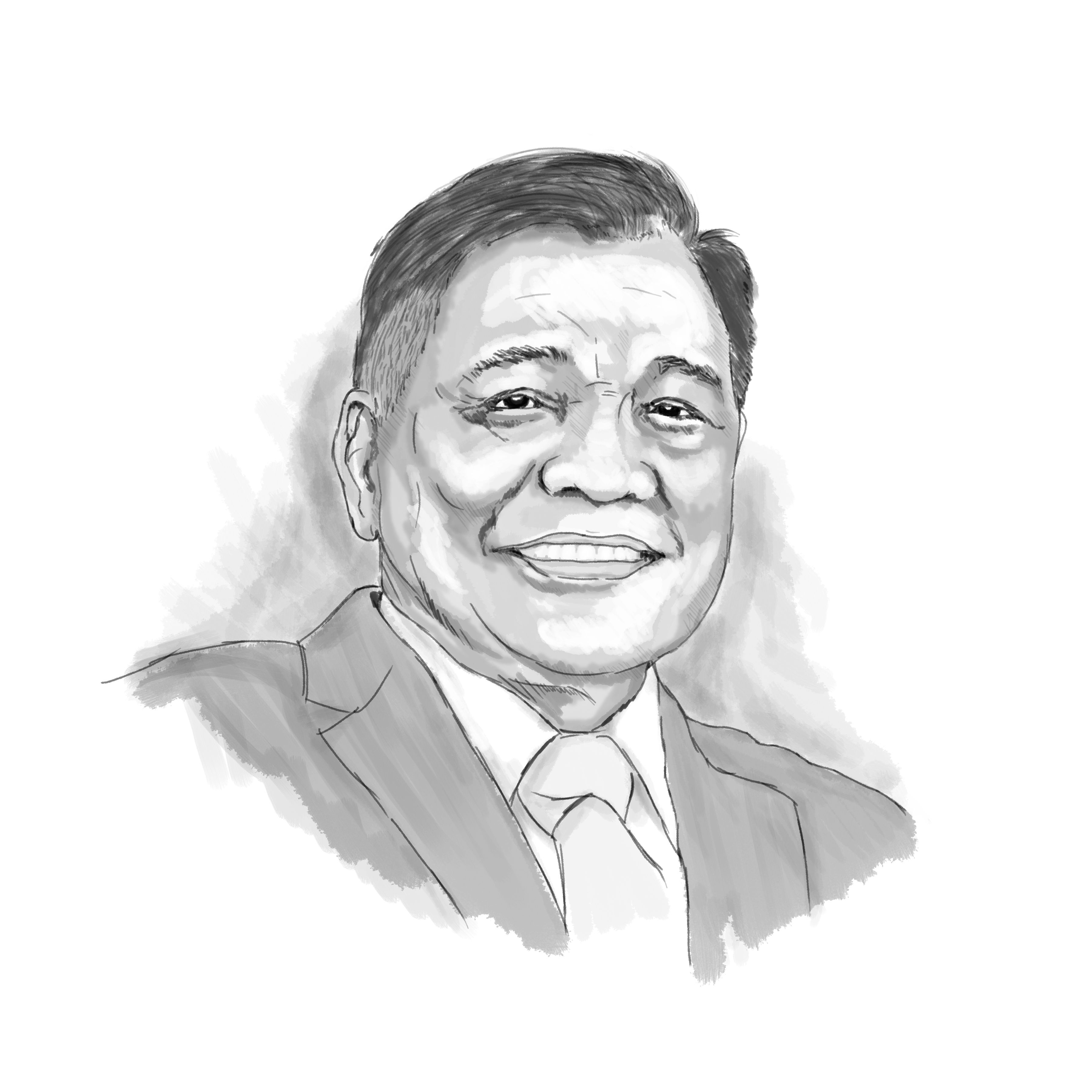FINDING ANSWERS

As the election campaign intensifies with candidates vying for local posts now joining national bets in battling for the hearts and minds of voters, many Filipinos find themselves questioning whether the triennial elections really usher in significant progress – or merely perpetuate our country’s struggles.
After decades of electing local and national leaders who try to impress voters with poverty-alleviation measures, millions are still grappling with economic hardships, thereby boosting pervading doubts on whether the most essential element of democracy can really deliver meaningful change.
The March 2025 SWS survey data showing that 27.2 percent of Filipino families, or 7.5 million households, faced involuntary hunger (having nothing to eat with no money to buy food), the highest recorded hunger rate since September 2020 at the height of the Covid-19 pandemic, can be quite disturbing.
It attests to the apparent reality that while the names of elected officials have been changing over the past four decades, the country’s poverty conditions remain unchanged. It’s no surprise, therefore, that many voters especially the poor don’t see elections as a means to improve their dire situation.
As I’ve written before, many voters consider elections as some sort of fiesta, a time to take advantage of dole-outs, freebies, and money that seem to flow freely at this time, to watch pop stars performing at political rallies, or be entertained by the mudslinging spewed by candidates.
Disillusionment with elections is understandable. The ease with which questionable candidates can secure public office reflects the broader dysfunction of Philippine politics. Patronage, vote-buying, fraud, election-related violence, excessive campaign spending, unprincipled alliances, and voter apathy have become hallmarks of the system. Instead of policy-driven debates and issue-based campaigns, Philippine elections remain dominated by personalities—many of whom prioritize self-interest over national welfare.
Unlike other democracies where candidates endure rigorous scrutiny through primaries, town hall meetings, and substantive debates, the Philippine political arena lacks a robust mechanism for vetting leaders. The absence of a genuine party system exacerbates this problem. Instead of well-defined platforms and ideologies, political parties function as loose coalitions driven by convenience rather than principle, leaving voters with little basis for informed decision-making.
A truly functional party system could serve as a vehicle for national progress—one where political parties analyze pressing issues, propose concrete solutions, and field competent candidates who undergo a rigorous selection process. Unfortunately, such a system remains elusive.
This grim reality has led many to despair, convinced that Philippine politics is an irredeemable battleground of good versus evil. As one analyst put it, “Many good men refuse to get involved in designing a better country for our children, while plenty of evil politicians continue to bully their way into the future of this nation by way of political machinations.”
It is unfortunate that many candidates are not willing to raise the bar of the electoral exercise by offering – as they should – an analysis of the problems of the country or of the locality they intend to represent or manage, along with proposed solutions for the problems.
This defeatist attitude of both voters and candidates can only perpetuate the dire situation of our country. But hope springs eternal. We have to believe that there are enlightened citizens in our society who can and will transcend the desperate situation we are in and become agents of change.
These enlightened few can become the virus to infect others and rally the people to rightly use elections as a means to install not just popular personalities, but qualified and charismatic leaders who will lead our communities and the nation to levels of excellence, with the correct economic strategy to bring about more jobs and livelihood opportunities for our people.
We need leaders who can reestablish the people’s faith in an effective and working government that can provide what constituents should be able to rightfully expect: good governance, no corruption or less of it at least, access to quality education, better health care, improved peace and order situation, justice for everyone, and many more.
We need to elect highly skilled leaders who have the knowhow to administer the bureaucracy, with the integrity that necessarily goes with it. That is why elections are important. They are the means by which the people can choose the leaders needed to truly improve our country’s situation.
Once again, I call on the enlightened sectors of Philippine society, especially the youth, to be catalysts for the transformation of our electorate to put the correct leaders into positions of power. They should be conversant with the society's problems and their corresponding solutions. They should mobilize and organize themselves to be effective in influencing many voters to vote wisely. The youth must play a big part in this transformation. They constitute the biggest chunk of our registered voters, and with their energy, vigor, and dominance of social media, they can be a crucial force to turn the tide of pessimism to one of hope. ([email protected])